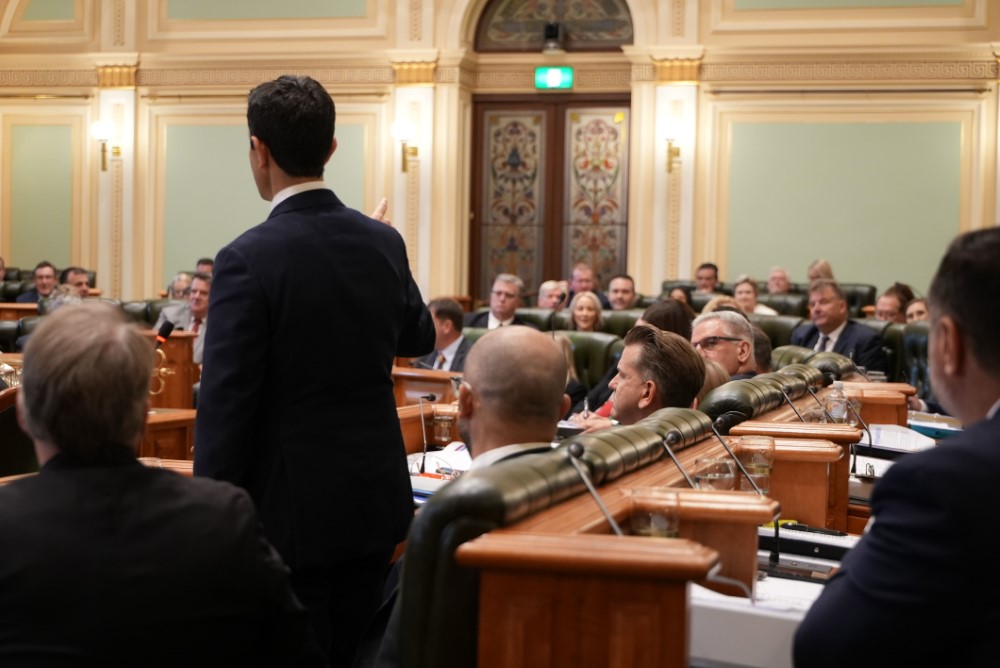
New Code Unlocks Church, Charity Land for Housing
- New opt-in planning tool released to activate church and charity-owned land to deliver more homes for Queenslanders.
- Part of broader planning reforms to support local delivery of more housing on underutilised land.
- Co-designed with Local Government Association of Queensland (LGAQ) in partnership with local councils.
The Crisafulli Government is delivering more homes for Queenslanders sooner, with the release of a new Model Code to support supply of more community housing on church and charity-owned land across the State.
Delivering the foundations for a fresh start for housing, the Model Code includes example planning provisions to enable or locate community housing in the Community facilities zone and can be adopted with or without local refinement.
This will streamline development approvals and assessment pathways to boost social and affordable housing from not-for-profit and charitable organisations, to increase supply and help ease Labor’s Housing Crisis, when the number of new homes declined 36 per cent.
This Model Code planning tool is supported by planning guidance and a streamlined amendment process to help councils integrate the changes efficiently and effectively.
Deputy Premier and Minister for State Development, Infrastructure and Planning Jarrod Bleijie said the Model Code’s release delivered on the Government’s commitment to provide more housing options through local solutions.
“This is about turning intent into action – giving councils the tools they need to deliver more homes, in the right locations, with the flexibility to suit local needs,” Deputy Premier Bleijie said.
“This planning tool has been designed with and for councils. It strikes the right balance between activating underutilised land and preserving the important community services already offered on these sites.
“The release of the Model Code follows the Crisafulli Government’s streamlining of development approvals for church and charity land in December 2024. With the Model Code now finalised, councils have a clear and flexible pathway to implement those changes locally.”
Local Government Association of Queensland (LGAQ) chief executive officer Alison Smith said the Model Code represented the culmination of months of genuine collaboration between local and State government.
“This is the kind of partnership our members want to see – where local knowledge is embedded in policy planning from the start,” Ms Smith said.
“The Model Code isn’t one-size-fits-all. It’s an opt-in tool that empowers councils to adopt the code, not adopt the code, or to adopt the code with local refinements to suit their local needs.”
Councils are already signalling interest in adopting the Model Code.
https://statements.qld.gov.au/statements/103226

